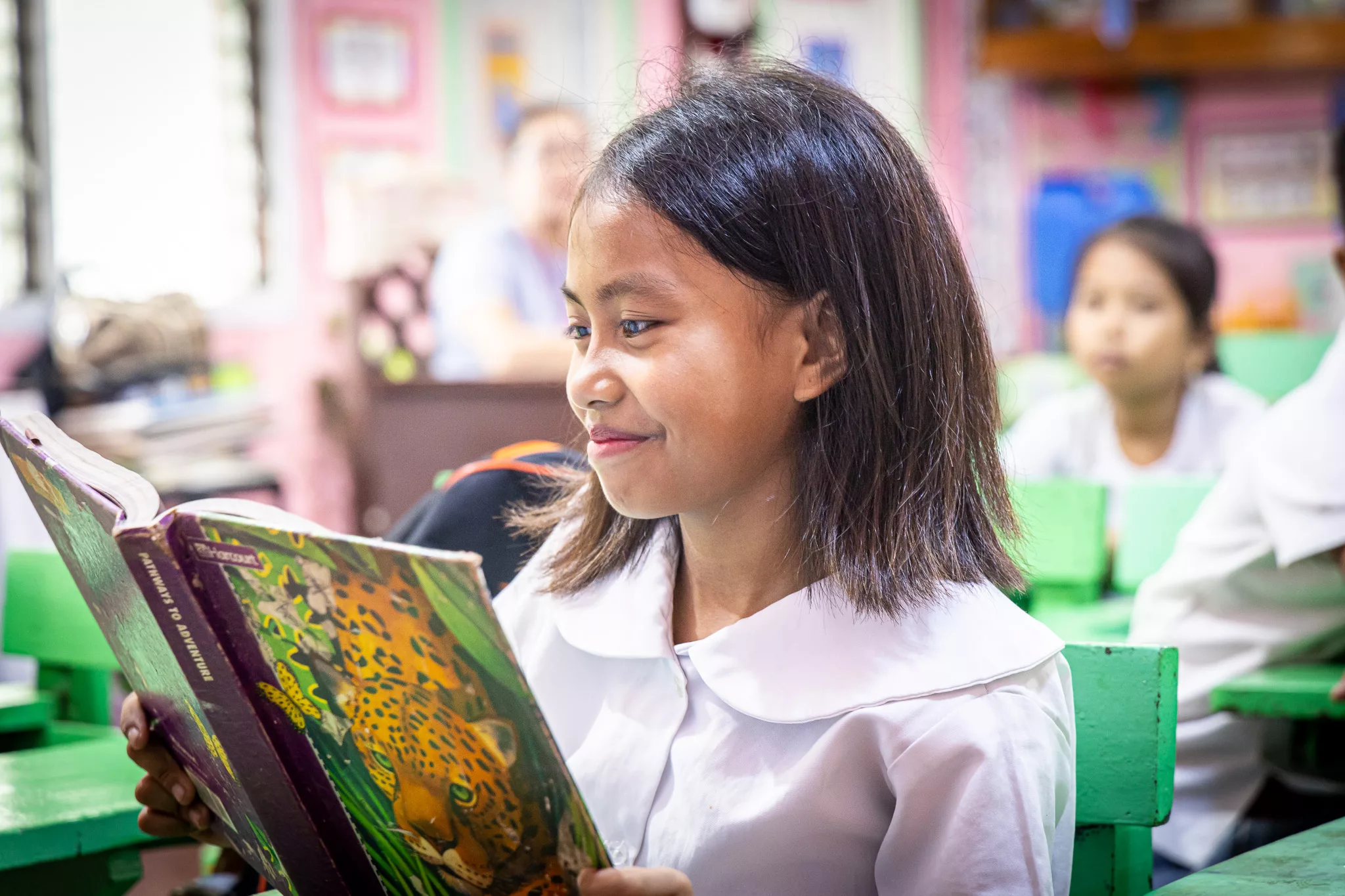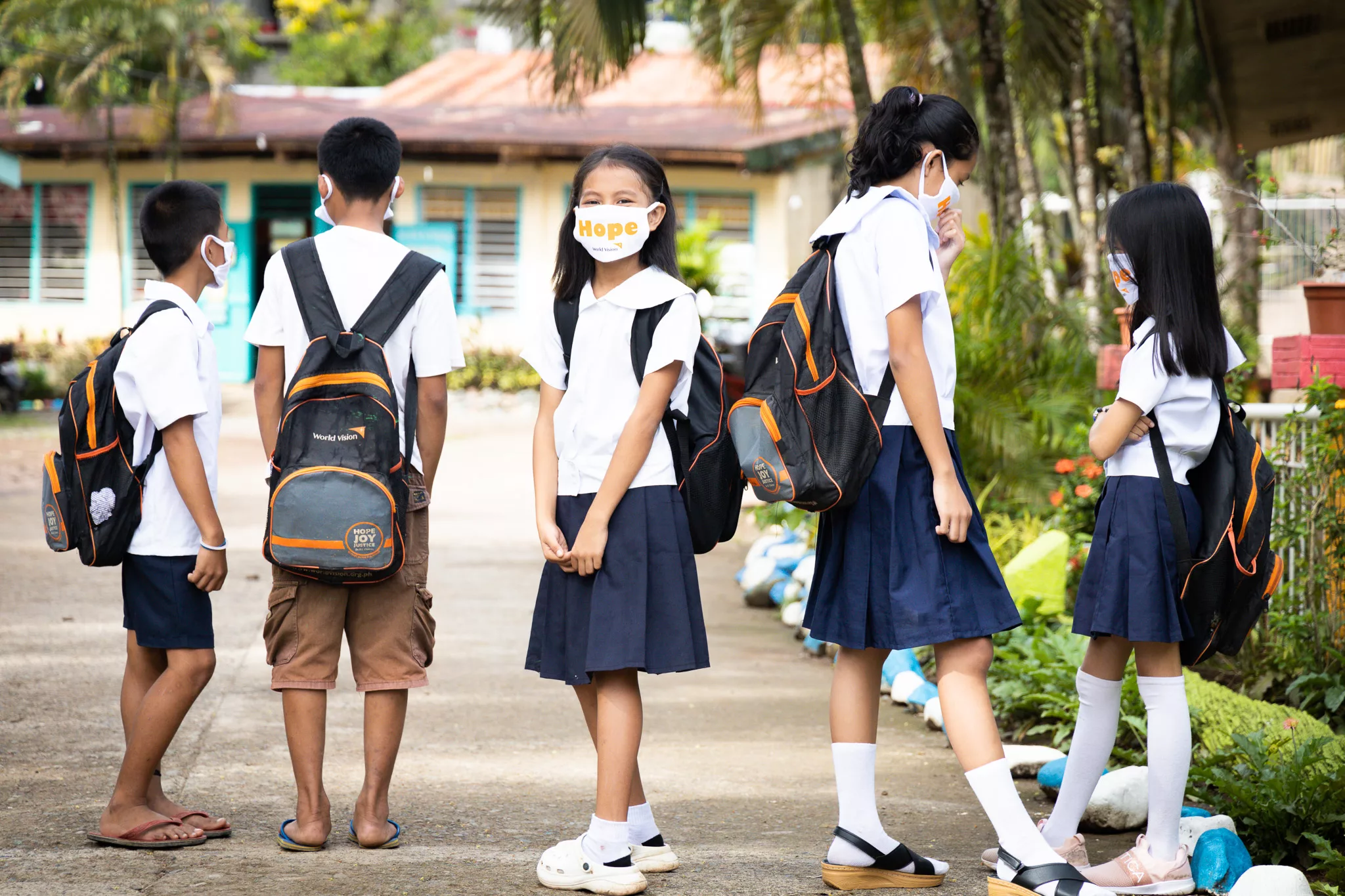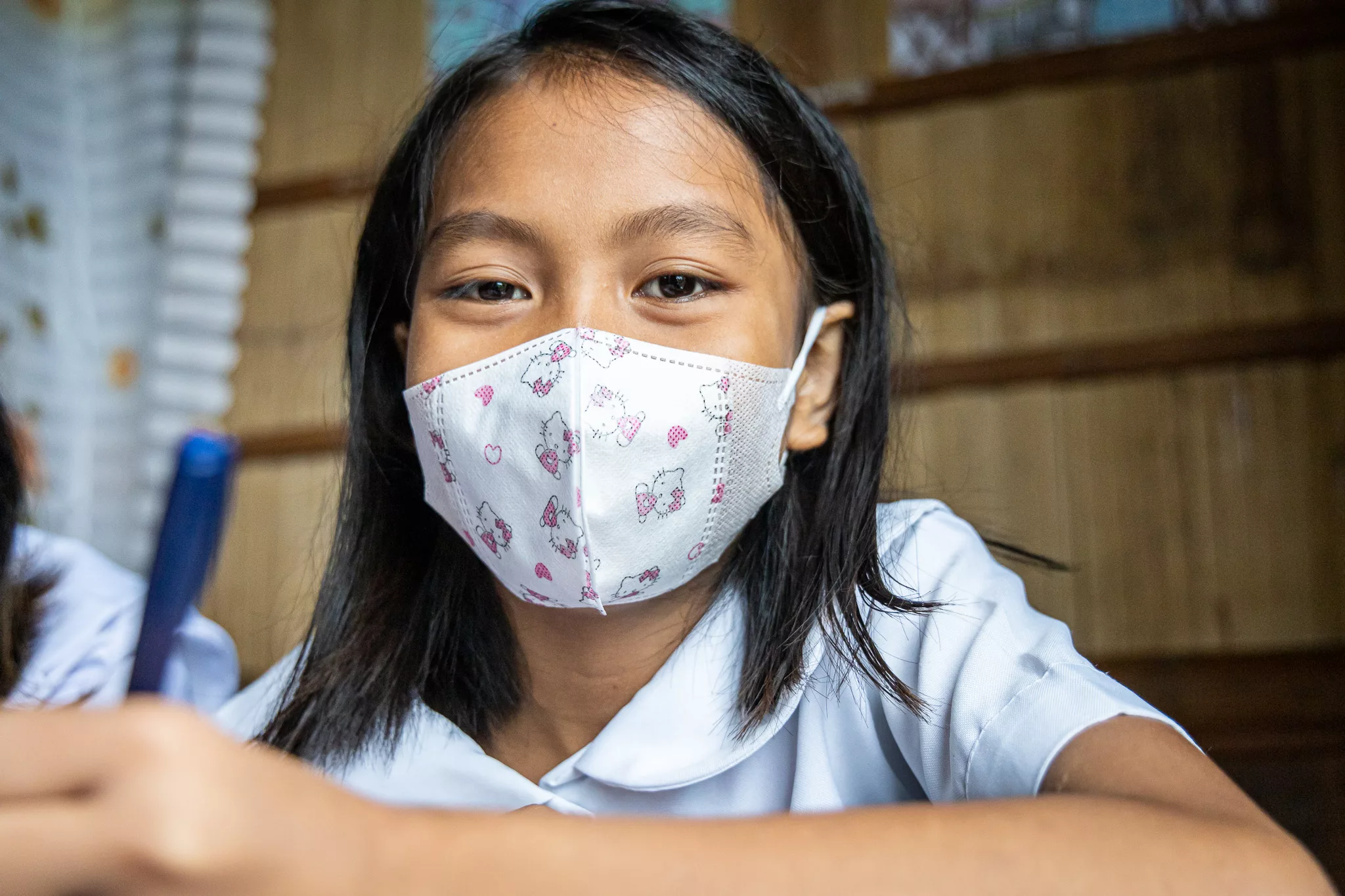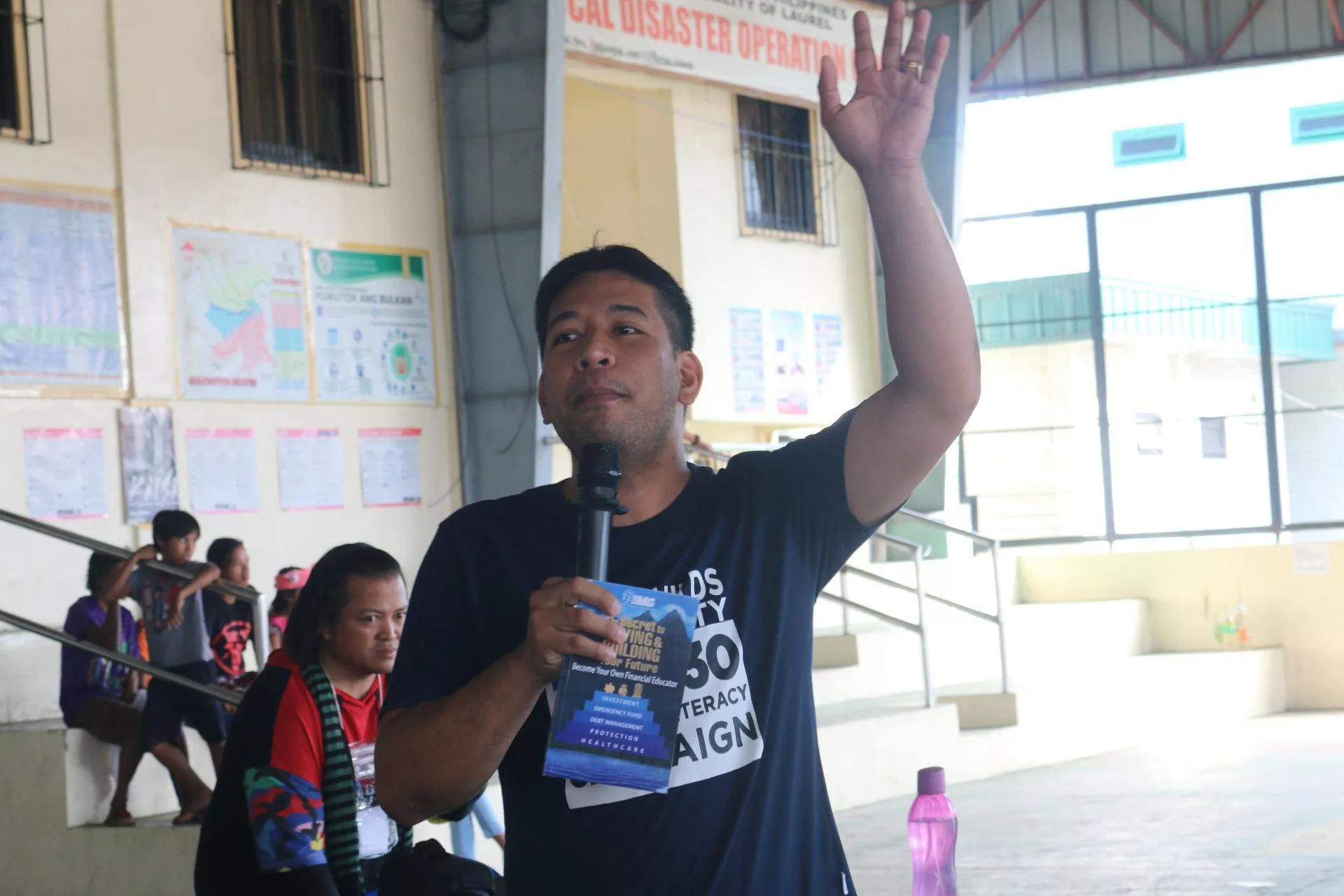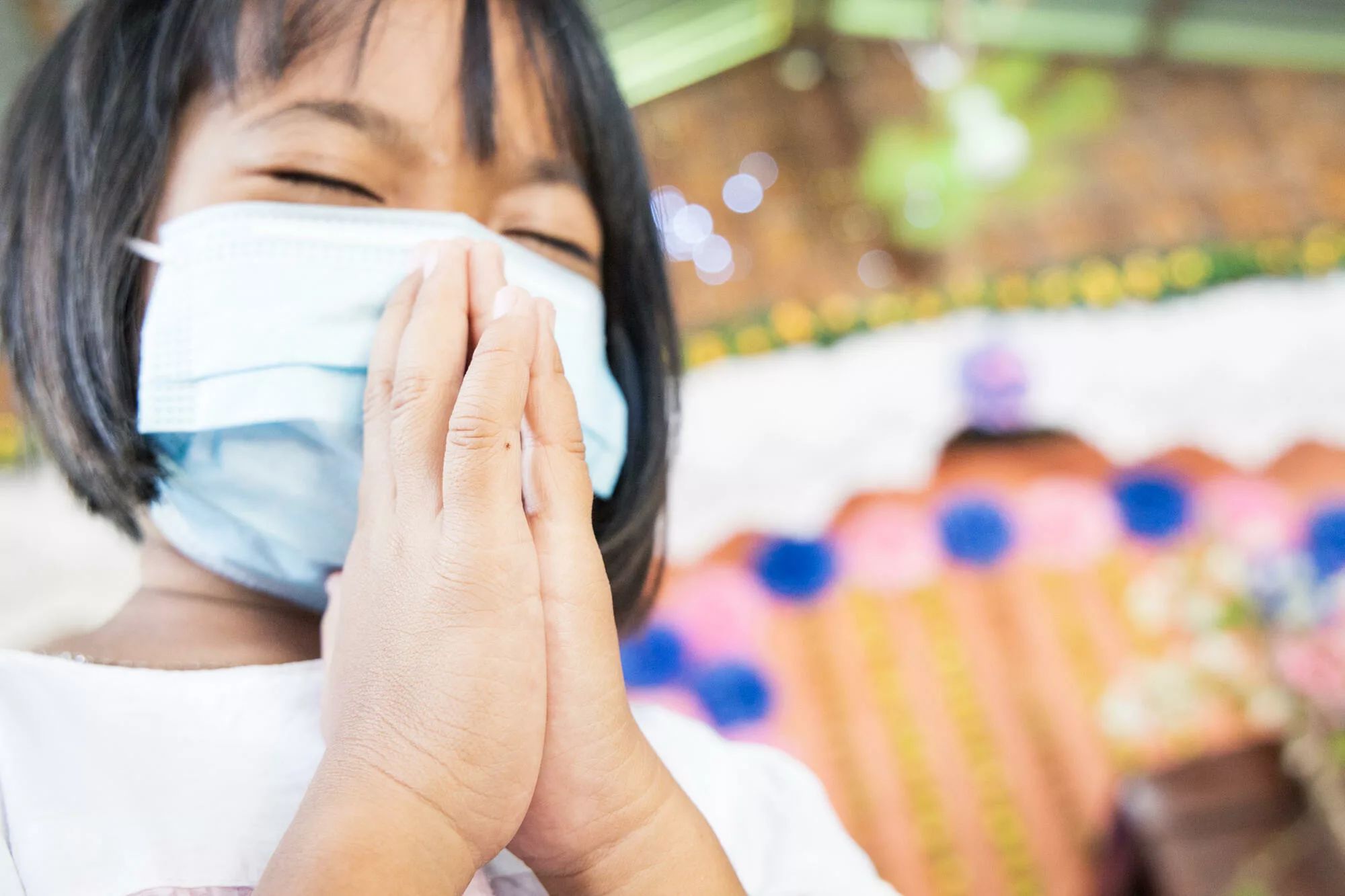How to keep children safe during outdoor play
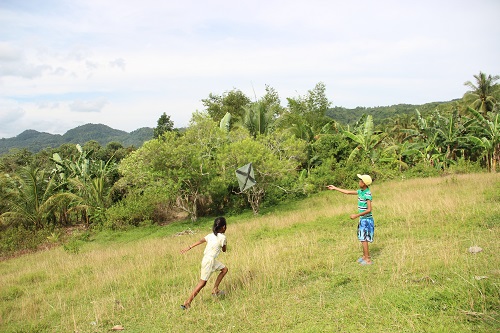
It’s been a tough year and a half for everyone, especially children. It’s only recently that the government has allowed kids to leave their homes. While the chances of getting infected with COVID in open air spaces are much lower, it’s still not zero. The coronavirus still poses a risk to children even when engaging in outdoor play. Here are some tips to make the most of your time outside while helping keep your children out of harm’s way.
1. Have your children wear masks outside the house. Masks are everyone’s first line of defense when it comes to COVID-19. Children, because they still can’t be vaccinated, stand to gain the most protection from wearing masks. It may be uncomfortable especially when running around a playground, but explaining why it’s important and being consistent in your own behavior will help kids cooperate.
2. Create a safety bubble of playmates. While we don’t want to keep our kids from hanging out with their friends, it’s a good idea to limit the interactions to small groups. Also try to keep within the same group as much as you can. COVID-19 infections is often a numbers game – the more people you meet and spend time with, the higher the risk of getting exposed and infected.
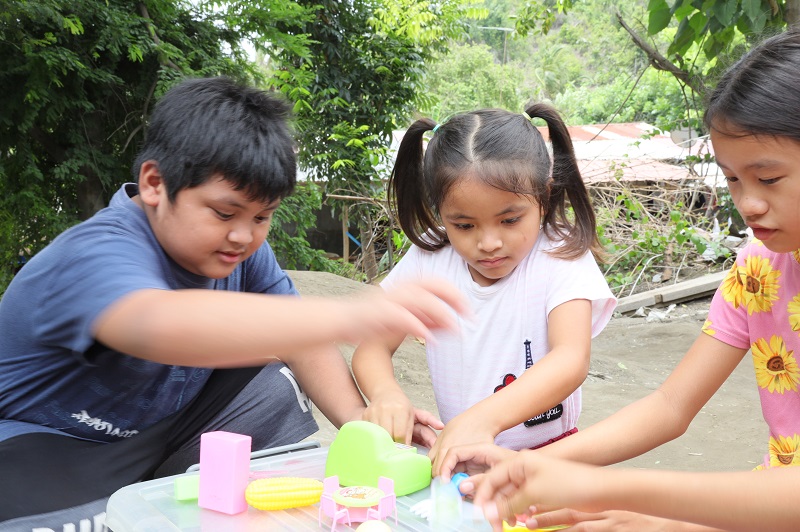
3. Limit play that involves close contact. Childhood games often comes with touching, tackling, and close physical contact. Unfortunately, these are also the activities that allow COVID to spread easily. For now, play that allow physical distance is best — games like patintero and habulan are best to be avoided until the pandemic eases. Sports like basketball, football, and volleyball should also be avoided.
4. Keep play dates shorter than usual. Catching the virus also depends on how much time you’ve interacted with someone infected with COVID-19. Reducing the time that children spend with outsiders also reduces the risk that they’ll catch something. Instead of spending the entire afternoon with other kids, shorten the time to one or two hours. If your kids complain that the time is too short, remind them that they can always play again next time.
5. Use the opportunity to have family outdoor time. Instead of meeting up with other families, why not use the time to just bond with your kids? Plan a short nature trek, a bike ride, or a trip to a relatively quiet beach. Have the young ones identify plants and animals or count the number of birds they see. Engaging children with nature is a good way to expand their world, especially after 18 months of just being at home.
6. Avoid crowded spaces. It almost goes without saying – the less people there are, the less chances of catching an infection. These days, we should be ready to give up Plan A if everyone else seems to have the same plan. You can save it for next time. Instead, have a Plan B in mind when you go out, so you won’t have to waste the effort or disappoint your kids.
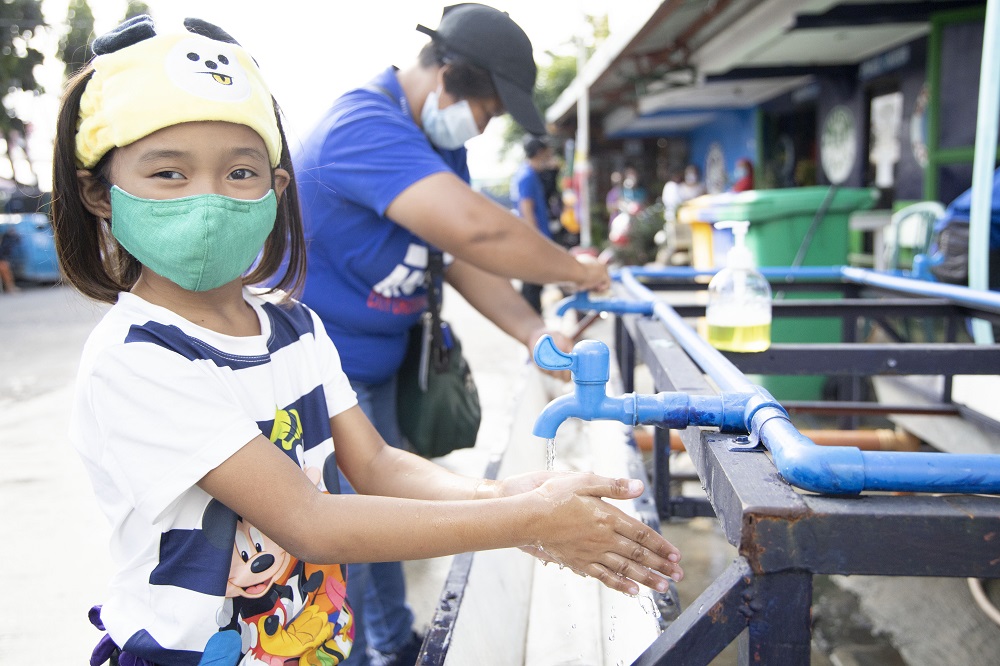
7. Sanitize and wash everyone’s hands after play. Good hygiene is another layer of protection for your children. Build the habit of keeping hands clean to avoid infections of any kind – not just COVID.
Getting kids outdoors is always a good idea, and you shouldn’t let fear get in the way of building good memories. Staying vigilant and practicing good hygiene will help lower the risks of contracting something infectious. These days, it may require some additional effort on your part as a parent. But the benefits of play can outweigh the hassle of keeping things safe.


